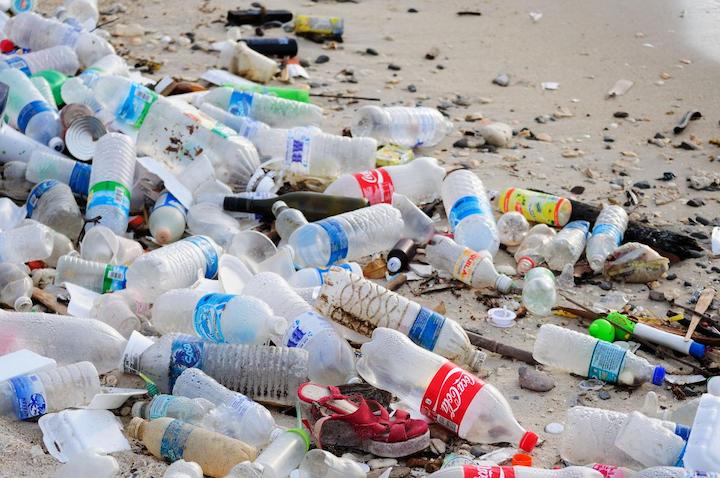A staggering 220 million tonnes of plastic waste are projected to be generated in 2024, as revealed by a recent study. This marks a persistent increase of nearly 10%, or 7.11%, since 2021, with the global average plastic waste per person soaring to 28 kilograms this year.
The Plastic Overshoot Day report, released on April 11, 2024, by Swiss non-profit EA Earth Action, highlights that just 12 countries account for 60% of the world’s mismanaged plastic waste, with China, USA, India, Brazil, and Mexico leading the pack. This report precedes the fourth round of negotiations for a UN Global Plastics Treaty in Ottawa, Canada.
Drowning in Waste
Dubbed ‘Drowning in waste,’ last year witnessed the inaugural ‘Global Plastic Overshoot Day,’ signifying the point when global plastic waste production exceeded the planet’s capacity to manage it. Predictions indicate that this year, Global Plastic Overshoot Day will occur on September 5, 2024.
This year’s report extends its analysis beyond plastic packaging waste to include plastic waste from the textile industry and household sources. With this expanded scope, Plastic Overshoot Day for 2023 would have fallen on September 4, providing a one-day reprieve compared to this year’s date.
More waste than Waste Management Capacity
However, researchers have discovered that nearly half of the world’s population since April 2024 resides in areas where plastic waste generation has outstripped management capacity. By September 5, 2024, this figure is anticipated to rise to 66%, underscoring the mounting pressures on developing nations due to the plastic pollution crisis.
At the national level, each country determines its Plastic Overshoot Day based on its plastic waste generation and management capacity. With 117 days of plastic overshoot, during which plastic waste is inadequately managed, urgent action is imperative.
Sarah Perreard, Co-CEO of EA Earth Action & Plastic Footprint Network, emphasised the dire situation saying, “The findings are clear; the rise in plastic production outpaces improvements in waste management capacity, rendering progress almost imperceptible. Relying solely on recycling and waste management capacity to resolve the plastics crisis is misguided.”
In anticipation of UN Plastic Treaty negotiations in Ottawa, she calls for an unwavering commitment to science-driven, comprehensive global policies commensurate with the scale of the plastic pollution challenge.


